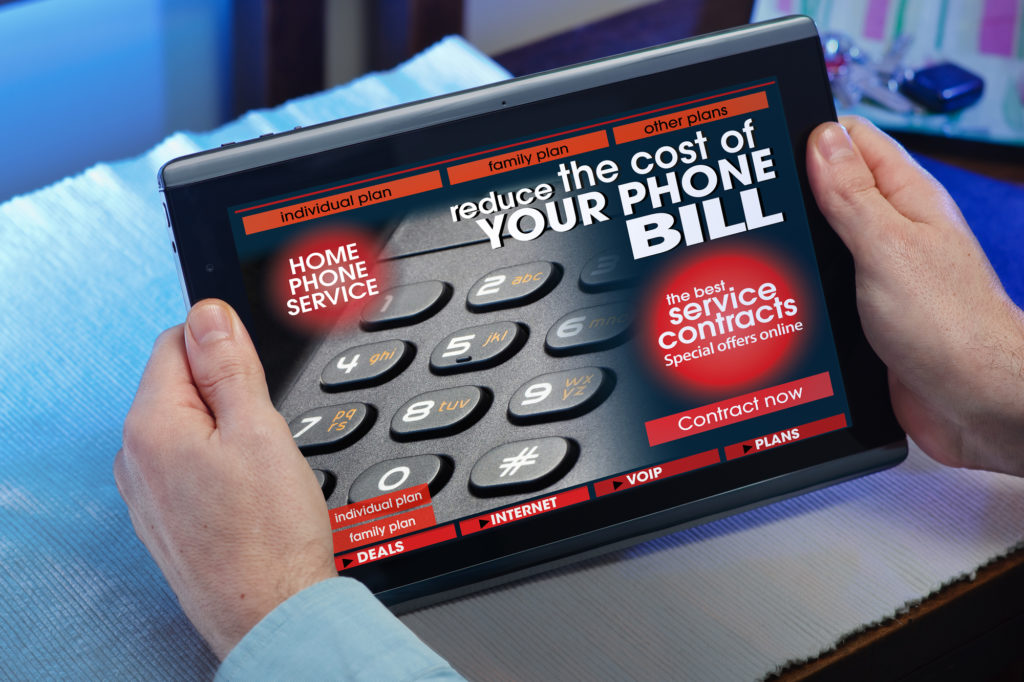Get Free Quote : (501) 263-8463
FIBER OPTIC CABLING BUSINESS PHONE SYSTEMS LITTLE ROCK

Fiber Optic Cabling, Install, Repair, & Maintenance, Service Little Rock
Fiber optic cabling has revolutionized the way data is transmitted, offering numerous advantages over traditional copper wiring. One of the key benefits of fiber optic cables is their immunity to attenuation, which refers to the loss of signal strength over long distances. Unlike copper cables, fiber optic cables use light to transmit signals through glass strands, ensuring reliable data transfer even over significant distances without the need for external amplification. In addition to their superior transmission capabilities, fiber cables also offer remarkable bandwidth capabilities. While copper cabling is limited to around 100 meters, fiber optic cables can carry much larger amounts of data over longer distances without signal degradation. This makes fiber optic cabling ideal for applications that require high-speed data transmission and extensive network coverage. Another advantage of fiber optic cabling is its physical composition. Fiber cables consist of thin glass strands that are insulated and bundled together. This compact design makes installation quick and easy, minimizing disruption during the process. The individual strands are incredibly thin and lightweight, making them flexible and easy to handle. Furthermore, fiber optic cables utilize light-emitting diodes (LEDs) to send light pulses through the fibers, which are then decoded by computers or phones. This ensures high-quality transmission and reduces the likelihood of signal interference or degradation, resulting in clear and reliable communication. Overall, fiber optic cables offer a compelling solution for businesses and organizations seeking dependable and high-speed data transfers over long distances. With their immunity to attenuation, superior bandwidth capabilities, ease of installation, and high-quality transmission, fiber optic cabling is an excellent choice for modern communication and networking needs.
Two industry standards for Fiber Optic Cabling:
Single-mode (100BaseBX standard)
Single-mode fiber optic technology, specifically the 100BaseBX standard, has become the preferred choice for long-distance telecommunications networks due to its exceptional bandwidth capacity. With its ability to handle high volumes of data, single-mode networks are well-equipped to accommodate numerous users and meet their data transmission requirements effectively. This enhanced capacity enables more efficient operation of the entire telecommunications network, ensuring smooth communication and seamless connectivity. Furthermore, the optimized performance of single-mode networks can lead to a lower cost of ownership for telecom operations, making it a valuable and cost-effective solution for long-distance networks.
Multimode (100BaseSX standard)
Multimode (100BaseSX standard) is the most widely used type of local area network (LAN) due to its cost-effectiveness and reliable performance. Unlike single-mode fiber, multimode fiber uses a larger core diameter which allows for cheaper optical transceivers and electronic components. There are different types of multimode fiber, such as OM2, OM3, and OM4, that offer varying transmission speeds and ranges, with options for 1, 10, or even 40/100 Gb speeds. This makes it an ideal choice for businesses looking to upgrade their LAN networks without having to spend a fortune on expensive hardware. Multimode fiber offers reliable and high-speed transmission while still being cost-effective, making it a popular choice among IT professionals.
Fiber optic cables are rapidly emerging as the optimal choice for high-bandwidth data transmission, thanks to their exceptional reliability and unmatched performance. Unlike traditional copper wires, fiber cables experience significantly lower signal loss and exhibit superior resistance to external electromagnetic interference, resulting in cleaner and more reliable data transmission. Additionally, the flexibility of fiber cabling allows for seamless routing in various environments, simplifying the installation process for communication services. At Little Rock Business Phone Systems, we specialize in delivering customized fiber cabling solutions tailored to the specific needs of each business. Our team of experienced installation experts is dedicated to providing reliable content delivery, top-notch performance, and seamless accessibility. Whether you’re planning a new project or seeking to upgrade your existing infrastructure, we’re here to assist you every step of the way. Contact us today to discuss your requirements and receive a comprehensive estimate for your fiber cabling project.